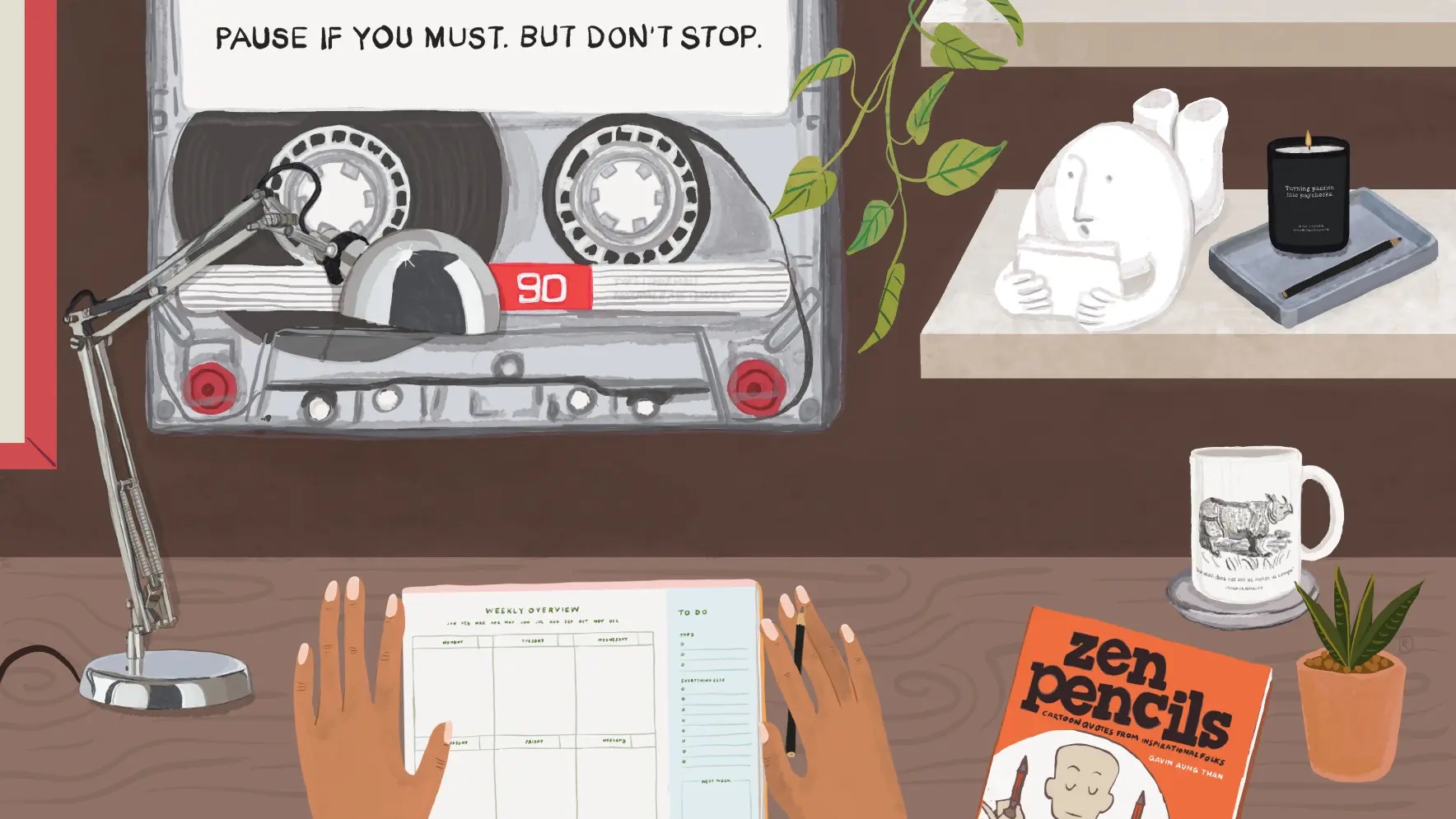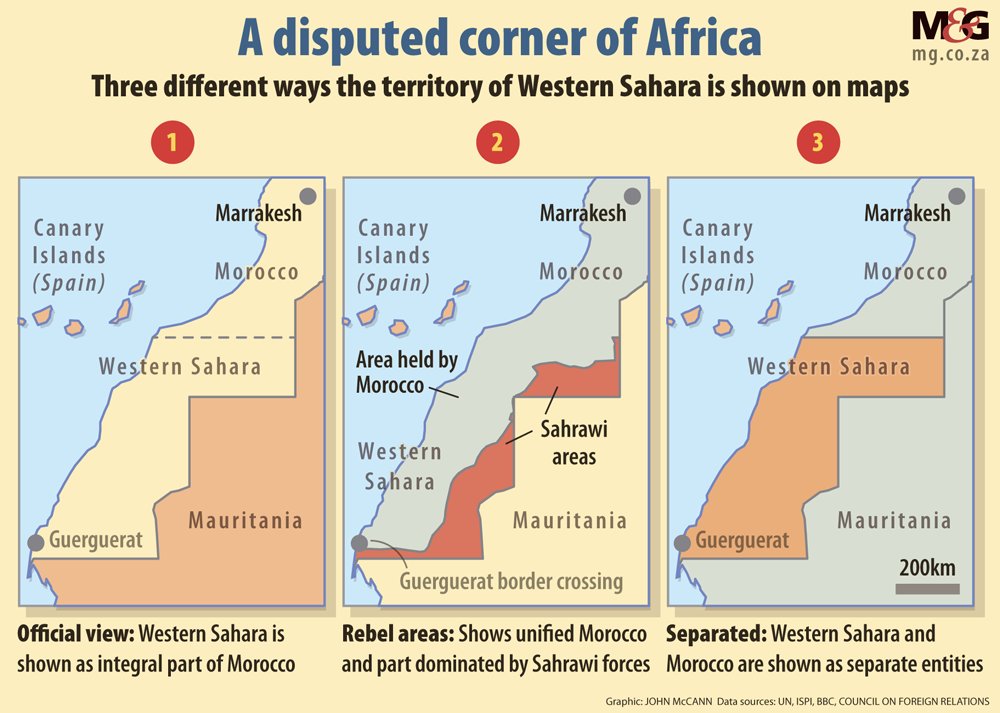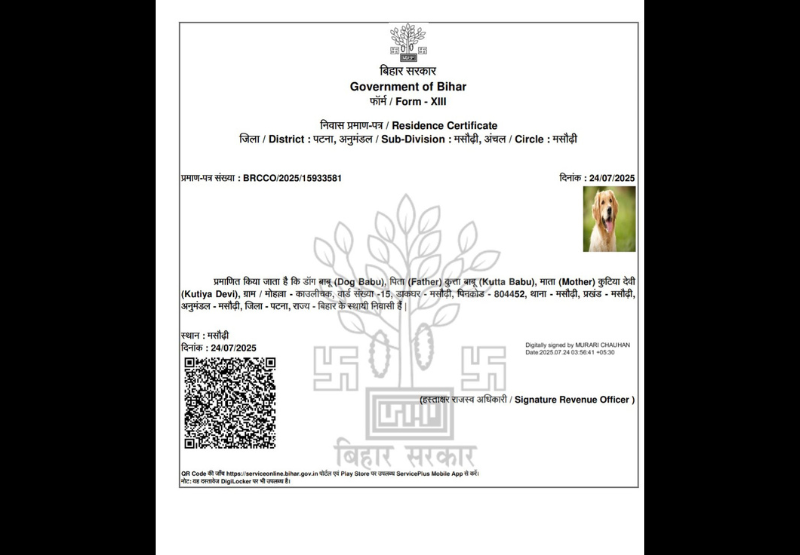Written by: Aarthi Ramnath, Raghav Bikhchandani & Yash Budhwar
The market is open: Welcome to Souk!

We are beyond delighted to announce the soft launch of Souk—our wildest adventure to date. It has one simple mission: To help you find the most delightful, useful and mindful products that are worth your time and money. We’re pretty sure you’re going to love it. We recommend heading over to souk.splainer.in—and browsing at your leisure. Be sure to let us know what you appreciate, anything that needs fixing or is missing—and just generally, what you think. You are our trusted beta testers so we’re relying on you to help us get this right. Besides, Souk’s mission is to help you find what you want—and you best know how. Be sure to email dearsouk@splainer.in with your feedback.
PS: Our Big Story has lots more on our vision, how Souk works etc.
The unbearable embarrassment of Gaza’s hunger
We learned a new thing this month. The US and its European and Arab allies are okay with Israel bombing Gaza to pulp. But starving its residents to death, one baby at a time? That’s kinda ick. Even Donald Trump finally conceded yesterday: “That’s real starvation stuff, I see it, and you can’t fake that… We have to get the kids fed.”
The hunger games: Yes, Gaza is indeed starving. Babies are dying in hospitals—where their doctors and nurses collapse from lack of food:
The babies are too weak to be flooded with nutrients, which could overload their system and cause them to suffer “refeeding syndrome,” which could kill them. In some cases, the fluids that the doctors can safely give to the babies are not enough to prevent them from dying.
A British surgeon says: “I saw the severity of malnutrition that I would not have thought possible in a civilized world. This is man-made starvation being used as a weapon of war.”
Hunger as death penalty: Hunger isn’t a side-effect of the war on Gaza—it is a military strategy. We all know Israel has deliberately blocked aid to the strip for months. We also know that Israel has recently set up aid distribution centres—supposedly run by the Gaza Humanitarian Foundation (GHF)—which serve as killing fields. Lured by food, hungry Palestinians are mowed down by the IDF every day at these centres. The daily death count is anywhere between 50 to 100. The total so far: 1,100.
Bibi’s big PR problem: The New York Times conducted its own investigation—based on Israeli military sources—and concluded:
For nearly two years, Israel has accused Hamas of stealing aid provided by the United Nations and other international organizations. The government has used that claim as its main rationale for restricting food from entering Gaza. But the Israeli military never found proof that the Palestinian militant group had systematically stolen aid from the United Nations.
In fact, these sources say the UN was doing a pretty decent job of feeding Gazans—until Tel Aviv kicked its workers out.
Also bad news for Bibi: Israelis—long wilfully blind to Gaza’s suffering—are beginning to think he has gone too far. Two of the biggest Israeli human rights groups used the G word—as in genocide—this week:
All together, the Israeli campaign has amounted to “coordinated action to intentionally destroy Palestinian society in the Gaza Strip,” the organization wrote. “In other words: Israel is committing genocide against Palestinians in the Gaza Strip.”
A small minority of Israelis have even staged protests against the brutality.
But, but, but: Let’s get real. Most do not care:
Despite the desperate humanitarian crisis, a survey conducted in May by the Institute for National Security Studies at Tel Aviv University found that 64.5% of the Israeli public was not at all, or not very, concerned about the humanitarian situation in Gaza. About three-quarters of Israeli Jews thought that Israel’s military planning should not take into account the suffering of the Palestinian civilian population in Gaza, or should do so only minimally, according to another recent survey.
It is an unprecedented level of callous indifference for a democracy—even the Americans have shown greater compassion for nations they routinely bomb.
The global fallout: In the world arena, however, Israel has greater cause to worry. This week, France became the first European country to announce that it will recognise an independent Palestinian state. Yesterday, France and Saudi Arabia kicked off a three-day conference to persuade others to do the same. In attendance: “16 other countries and delegations, including the United Kingdom, Ireland and the European Union.” Most of them are expected to follow Paris’ cue. The glaring but predictable absence: The United States—which called the event an “insult.”
Point to note: President Emmanuel Macron made his decision after visiting a town on the Egypt-Gaza border—where he was “struck by the mounting humanitarian crisis.” And he made the call despite an aggressive Israeli bullying campaign:
Sources familiar with the matter say Israel's warnings to France had ranged from scaling back intelligence-sharing to complicating Paris' regional initiatives - even hinting at possible annexation of parts of the West Bank. But French officials concluded that Netanyahu would do whatever he thought was in his interests in the West Bank anyway, regardless of what France did on recognition.
A new PR strategy: Over the weekend, Israel announced a ‘tactical pause’ in its military activities and allowed countries to air drop humanitarian aid. The UAE and Jordan—with the UK—grabbed the opportunity to virtue-signal. Too bad the UN called it a ‘grotesque distraction’—and rightly so, as BBC News explains:
Pallets dropped by parachute often land far from the people who need it. Israel has forced hundreds of thousands of starving Palestinian civilians into a tiny area on the southern coast of Gaza. Most of them live in densely packed tents. It is not clear if there is even an open space for despatchers high in the sky to aim at. Each pallet will now be fought over by desperate men trying to get food for their families, and by criminal elements who will want to sell it for profit.
FYI: An Israeli air drop injured 11 people in North Gaza when one of the pallets fell directly on tents sheltering displaced people.
Where we are now: Israel allowed 100 truckloads of aid into Gaza on Monday—but as many as 6,000 aid trucks are stuck at the border. And as the UN notes, any progress requires negotiating with a military determined to block the aid—or make it ineffective:
Out of 15 attempts to coordinate humanitarian movements inside Gaza on Thursday, four were outright denied, three were impeded, one was postponed and two others had to be cancelled by the organisers, with only five missions facilitated.
Reading list: New York Times exposes the false claims about Hamas stealing aid—and the carnage in Gazan hospitals. BBC News explains the foolishness of air dropping aid. NBC News breaks down Israel’s control of aid distribution in Gaza. The Guardian has more on the French conference—while Reuters explains why Macron is charging ahead.
Is Parkinson’s caused by a virus?
The context: Parkinson’s is a crippling, degenerative disease caused by the death of brain cells that produce dopamine—a chemical that helps control movement. Scientists still don’t fully understand the underlying cause—or how to treat it.
The new data: A new US study looked at the brains of dead Parkinson’s patients—and found something unusual: traces of the Human Pegivirus (HPgV) in 50% of the cases:
We also found that the patients with Parkinson's disease who had the virus in the brain had a more severe pathology of Parkinson's disease, and we also found an alteration of immune signaling in the brain of those patients.
The mystery: Human Pegivirus is considered “a harmless bloodborne virus.” But the study found that those with the virus had “a lower level of an inflammatory protein called IL-4, which can either promote or suppress inflammation depending on the situation.”
The larger hypothesis is that the virus causes “a long-term, low-burning infection” that compromises the immune system.
The big picture: Scientists are increasingly finding links between viruses and neurological diseases:
This includes the recent discovery that Epstein-Barr virus is a major trigger for multiple sclerosis, as well as a number of associations between viral infections and neurodegenerative conditions. Parkinson-like symptoms have also been triggered by a number of viral infections, such as West Nile virus, St. Louis Encephalitis virus, and Japanese Encephalitis B Virus.
These viruses could be causing inflammation which is dangerous in the brain—triggering “a number of cascades that lead to the loss of normal homeostatic brain function.” (National Geographic)
Christopher Nolan has a ‘location’ problem
The context: Christopher Nolan is making a $250 million adaptation of Homer’s epic, ‘The Odyssey’ starring Matt Damon as Odysseus and Tom Holland as his son Telemachus. The rest of the star-studded cast includes Charlize Theron and Lupita Nyong’o, Zendaya, and Anne Hathaway. The movie is set to release next year on July 17—the tickets for which are already sold out.
What happened now: The movie is being shot in a number of locations—one of which is Dakhla—a Western Saharan coastal city. The problem: Dakhla is a former Spanish colony that was annexed by Morocco in 1975. You can see the occupied territory below:

The residents—Sahrawis—have suffered immensely over the past 50 years:
Sahrawis who remain in the occupied territory face arbitrary detention, disappearances, torture, sexual and gender-based violence and many other human rights violations. Sahrawi human rights defenders, journalists, and climate justice and land rights activists are routinely persecuted for reporting on these violations.
Hence, the outcry: Human rights and Sahrawi activists say filming the movie here will “whitewash the Moroccan occupation and normalise the repression.” But, as of now, no one is accusing Nolan of bad faith—they assume he is ignorant and “would be horrified” if he knew better.
Point to note: Morocco has long been a favoured location for Hollywood—with movies like David Lean’s ‘Lawrence of Arabia’ and Ridley Scott’s ‘Gladiator’ shot there. The production is “extremely important for Morocco” as “it’s the first major Hollywood production to choose the southern provinces.” Nolan’s arrival is expected to boost investment and tourism in the region. (The Guardian)
what caught our eye
business & tech
- Facebook tops the list for online harassment, says a global survey of environmental activists—most of whom say they’ve faced abuse on social media, and many have feared for their safety.
- A new survey shows more CEOs are now taking up short-term gigs—marking the latest shift in how we work, as even the top job turns into part of the gig economy.
- India’s top business schools are seeing a spike in pre-placement job offers this year—even as the job market slows—thanks to strong recruiter interest across sectors, from consulting to climate and nonprofits.
- Wealthy Chinese shoppers are ditching Western luxury labels like Cartier for homegrown brands that blend local design with cultural pride, as names like Laopu and Songmont gain ground.
- Quartz has a good read on how Nvidia has become so dominant in the AI chip race—with clients from Tesla to OpenAI and a market cap soaring past $4 trillion—that governments now treat it like a strategic resource, raising the big question: where does it go next?
- Tesla has signed a $16.5 billion deal with Samsung to source next-gen AI chips from its Texas factory—a move that could revive Samsung’s struggling chip business.
sports & entertainment
- Nineteen-year-old Divya Deshmukh has taken the Chess Women’s World Cup final to tiebreaks after two tense draws against fellow Indian, Koneru Humpy.
- Fresh controversy brews in AMMA as the Malayalam film body heads into elections on August 15—months after a mass resignation over sexual misconduct allegations and with six actors now vying for the top post.
- Variety has a good read on how '2001: A Space Odyssey' inspired the retro-futuristic look of 'Fantastic Four', which is set in an alternate Marvel timeline.
- "Recession pop" is making a comeback this summer, as new artists channel the same upbeat, feel-good energy that Rihanna and Miley Cyrus brought to the 2000s—offering a dance break from today’s economic gloom.
- Kevin Pietersen has hit back at critics of Ben Stokes, saying it’s unfair to judge the England captain’s frustration after a tense, drawn Test against India saw tempers flare on the field at the end of it.
health & environment
- As India races to build more data centres, a new global study warns they’re increasingly at risk from climate disasters like floods, cyclones, and extreme weather.
- The Good Food Movement has a good read on how Odisha’s Chuktia Bhunjia community is keeping food traditions alive—using smoke and fire to dry and preserve meals in the face of climate change and changing diets.
meanwhile, in the world
- Top French leaders are up in arms over the new US-EU trade deal, with Prime Minister François Bayrou calling for tougher terms and even retaliation.
- Meanwhile, confusion reigns as Trump and EU chief von der Leyen offer clashing versions of what the deal actually includes—especially on pharma and metal tariffs.
- A ceasefire between Cambodia and Thailand seems to be holding for now, after days of deadly clashes along their disputed border.
- China’s famed Shaolin temple has confirmed that its abbot, Shi Yongxin, is under investigation for alleged embezzlement and violating Buddhist rules.
- A Red Crescent aid convoy has entered Syria’s Suwayda province, as the UN warns that last week’s deadly clashes have left thousands displaced and the humanitarian situation critical.
- A new Wall Street Journal poll shows most Americans back Trump’s push to crack down on illegal immigration—but many feel his methods are too extreme.
meanwhile, in India
- India’s foreign ministry has denied reports that the death sentence of Kerala nurse Nimisha Priya—convicted of murder in Yemen—has been cancelled, saying the information being shared is inaccurate.
- India is likely to lose Rs 4,060 crore in customs revenue in the first year of its free trade deal with the UK, as tariffs on many goods get slashed, says Global Trade Research Initiative.
- The Print has a good read on how the POCSO Act—meant to protect children—is now leaving courts divided, especially in cases involving consensual teenage relationships.
- Security forces have killed three militants—including a man involved in the April 22 Pahalgam attack—in a gun battle in Jammu and Kashmir, on the same day Parliament debated Operation Sindoor.
Three things to see
One: Last month, the Election Commission of India (ECI) launched a Special Intensive Revision (SIR) to update and revise Bihar’s electoral rolls. To establish eligibility, the voter has to provide at least one of 11 documents—none of which are aadhaar, ration cards or other routine forms of ID. Hence, allegations of disenfranchisement and voter fraud. Caught in this political drama, a golden retriever named Dog Babu—who has a residence certificate for Patna. The one form of ID the ECI accepts: Residence certificate. Sadly, however, Dog Babu has lost his certificate since going viral. (The Print)

Two: Destiny's Child fans, rejoice! Kelly Rowland and Michelle Williams joined Beyoncé—first time in seven years—for the grand finale of her Cowboy Carter tour in Las Vegas. Watch them sing a medley of their most-beloved songs ‘Lose My Breath’ and ‘Bootylicious’ and Queen Bey’s ‘Energy’ here. (Hollywood Reporter)

Three: The upcoming movie of famous South Korean director Park Chan-Wook (‘Oldboy’) is titled ‘No Other Choice’—and is set to premiere at the 2025 Venice International Film Festival next month. The film is an adaptation of Donald E Westlake’s 1997 novel ‘The Ax’ and stars Lee Byung-hun (from ‘Squid Game’ fame) and Son Ye-jin (from ‘Crash Landing on You’). You can see the trailer below (IndieWire)
feel good place
One: We’ve heard of therapy dogs, but have you seen mini therapy horses? (context here)
Two: A cultural (stereotype) guide to making restaurant reservations.
Three: Say hello to Chester Zoo’s first snow leopard baby. Aww.


 souk picks
souk picks